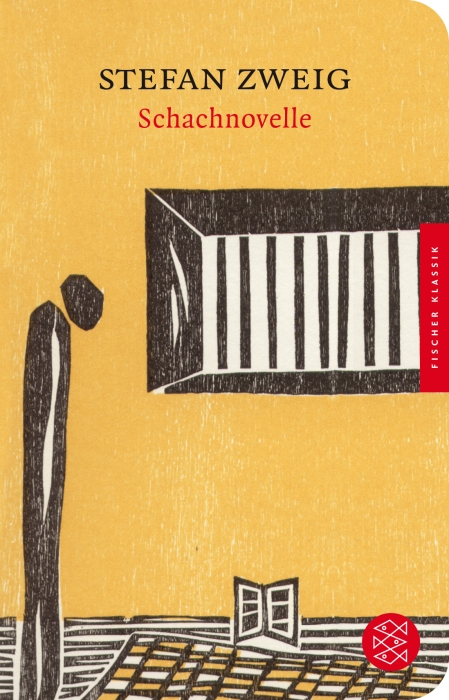

The day after he mailed off the manuscripts of his “curious novella,” the Zweigs took their own lives with a barbiturate overdose.

While Bartok emerges from his labyrinthine struggle decidedly broken but still, unlike the original text, provided with a glimmer of hope, author Zweig’s journey was less encouraging.Īs captured through the grimly murky lens that was Europe at that time, “The Royal Game” was written between September 1941 and February 1942 in Brazil, where Zweig and his second wife had been living as Austrian exiles.

He’s never less than riveting, expertly tethering his character in place even as his mind gradually begins to lose its moorings in an existence where days, weeks and months have merged into clouded uncertainty. Masucci, who appears in every scene, potently conveys a multitude of unspoken emotions with his remarkably expressive face, both in his solitary hotel confinement and (ostensibly) later, on board that ship en route to America, where he finds himself outmaneuvering a world chess champion (also played by Schuch). Realizing that there’s no guarantee his life will be spared once he gives up that information, Bartok embarks on a cagey game of cat and mouse with Böhm as he continues to be held prisoner in a claustrophobic hotel room where a smuggled book of annotated chess moves serves as his only connection to the outside world. Separated from his wife, he’s arrested and brought to the Hotel Metropol, commandeered as Gestapo headquarters, where the quietly calculating Böhm (Albrecht Schuch) expects Bartok to provide him with the account access codes belonging to his aristocratic clients in exchange for his freedom. Because moviegoing carries risks during this time, we remind readers to follow health and safety guidelines as outlined by the CDC and local health officials.īut Bartok’s world as he knows it very quickly comes to an abrupt end, with German troops marching into Austria just as he and Anna plan to set sail for America.

The Times is committed to reviewing theatrical film releases during the COVID-19 pandemic.


 0 kommentar(er)
0 kommentar(er)
